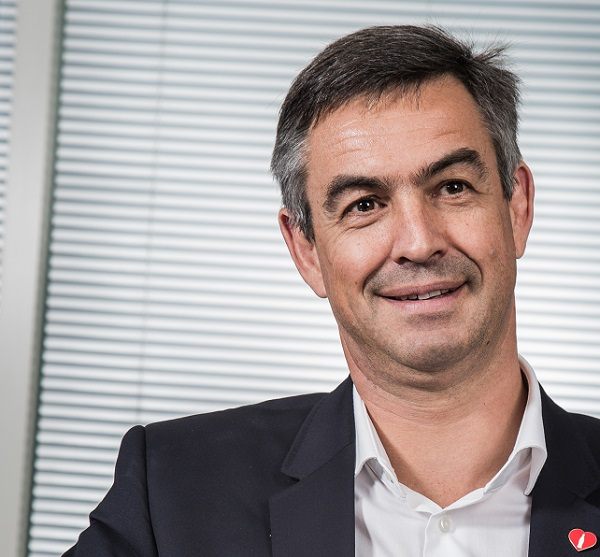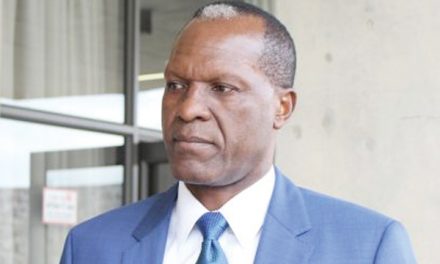
Private sector shares responsibility to invest in the education of the continent’s youth

Commentary by the Chief Executive of Coca-Cola Beverages Africa, Jacques Vermeulen, in celebration of International Youth Day on 08 August 2021.
Africa is often spoken of as being blessed by a ‘demographic dividend’ in the form of its overwhelmingly youthful population, but the question of whether the continent will succeed in reaping the potential economic benefits of this hangs in the balance after the devastating impact of the COVID-19 pandemic.
The fact that youth make up a large and growing proportion of the overall population of Africa means that the ratio of those who are potentially economically active, compared to those who are not, favours strong economic growth for decades to come.
But this depends on the continent’s ability to generate employment for the young fast enough to accommodate large numbers of new entrants to the labour market.
Unfortunately, COVID-19 has set back Africa’s progress on many fronts.
According to the latest International Monetary Fund outlook for Sub-Saharan Africa, employment fell by about 8.5 percent in 2020, more than 32 million people were thrown into extreme poverty, and disruptions to education have jeopardised the prospects of a generation of schoolchildren.
African students missed 67 days of instruction due to school closures, more than four times the level in advanced economies.
Catching up on this learning, and developing skills for the labour market, will be one of the great challenges of the continent’s recovery path.
Skills development will increasingly have to be modular, to allow the young to bridge learning gaps, and it will increasingly have to transcend the classroom setting through digital offerings.
A great example of this is Coca-Cola’s own Learning Centre, which is an online tool for all employees to use for self-directed learning and career development, and an investment in our employees’ personal growth. There are more than 120 courses which are relevant to our business and which help our team keep pace with the changing world of work – all they need to do is log in and learn.
Our focus on developing young talent in our business extends further; we offer training programmes for graduates as well as management training for young people who have gained some experience already.
Solutions like this can make a critical contribution to upskilling African youth and overcoming the learning deficit brought about by COVID-19.
Entrepreneurship is the key.
Coca-Cola’s youth empowerment programmes are targeted at current or potential entrepreneurs with the possibility to link to the Coca-Cola value chain today or in the future.
In order to help grow the livelihoods of youth, enabling activities in our programmes include business skills training, access to finance, assets and mentoring. We focus on assisting with skills development, particularly for graduates who may require additional training in soft skills that would make them more employable, or which would aid their entrepreneurial endeavours.
Coca-Cola Beverages Africa directly empowers thousands of young people every year through various programmes across our markets, enabling their inclusion in the economy.
One example is our Youth Empowerment Programme in South Africa, which aims to equip township youth with the skills and knowledge they need to manage “Bizniz in a Box” spaza shops.
Youth are selected for this programme based on their entrepreneurial qualities and determination to succeed, and then put through a ‘boot camp’ and on-the-job training which equips them to run their own business.
Those who graduate are supported with a fully-stocked and equipped outlet and continuing business development coaching.
Creating a better future.
At Coca-Cola Beverages Africa we will continue using our focus to help the youth become architects of their own success, resulting in increased economic value and business capability for not only themselves, but for their communities and our business system.
We realise that through investing in growing the communities in which we operate, we are investing in building our own business.
Our efforts will remain focused on ensuring that young people run successful enterprises, increasing their participation in the formal economy through education and initiating programmes to prepare them for the world of work – all in partnership with like-minded stakeholders.
Ensuring that Africa’s youth achieve their full potential, and that we unlock the ’demographic dividend’ that makes this continent such an exciting prospect for the future, is not the responsibility of governments alone.
Businesses like ours have a lot to contribute, and by doing so we can help to create a better, more prosperous future for all.











































